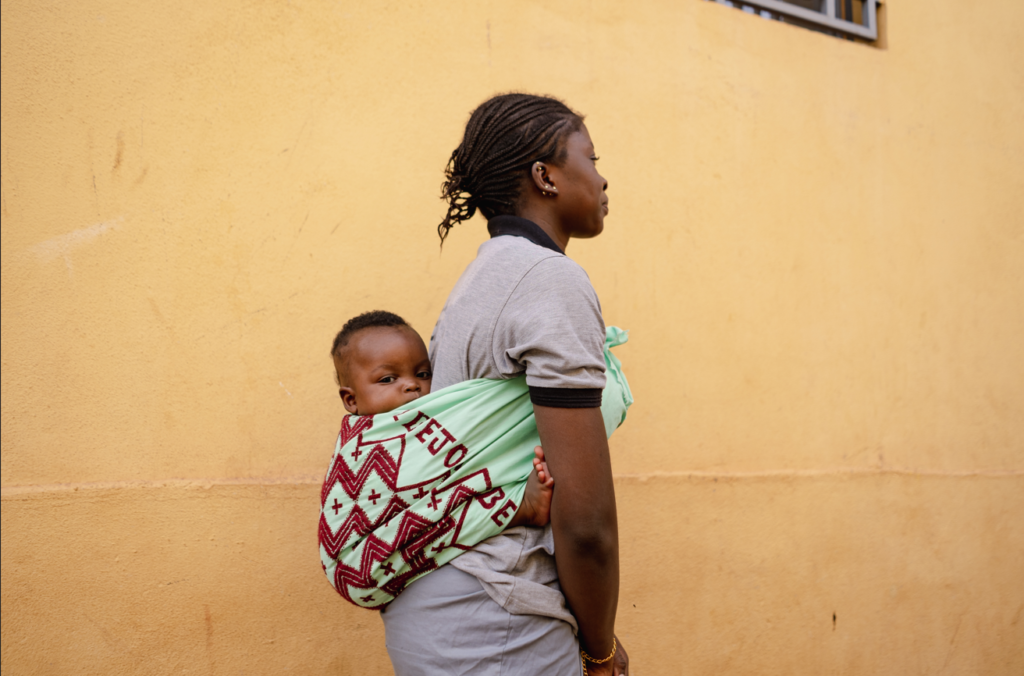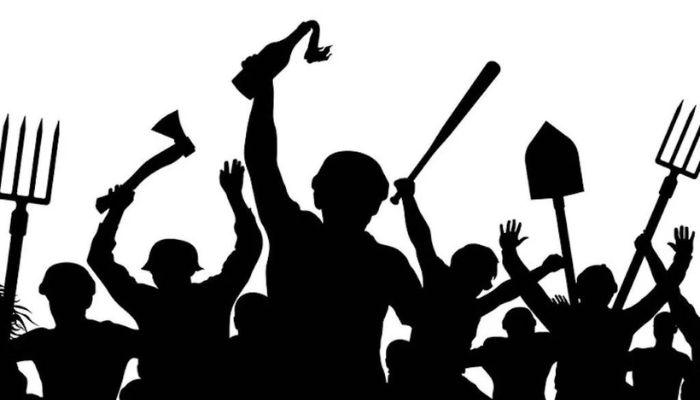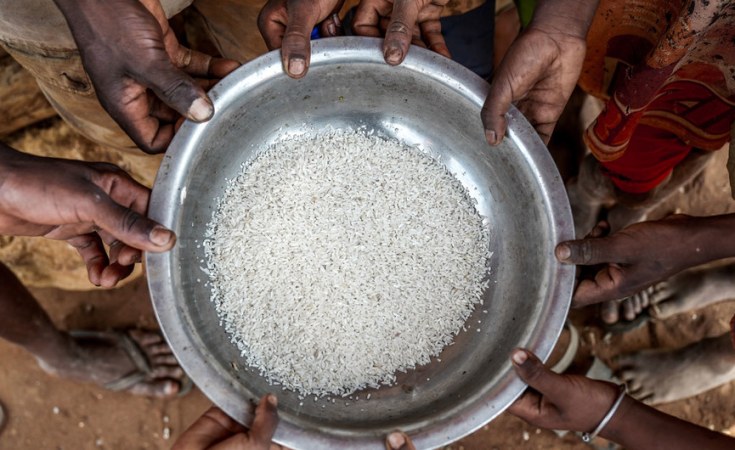Nigeria is currently faced with a myriad of security challenges which include but are not limited to farmer-herder clashes, banditry and gunmen attacks. Beyond these, communal conflicts are also prevalent in several communities nationwide, particularly in the Middle Belt region. According to the Nextier Violent Conflict Database, Benue, Ebonyi Gombe, and Taraba states have recorded the most communal clashes, with Benue leading the fray as the most affected by the conflict nationwide. While the propensity for this conflict can be linked to Nigeria’s heterogeneity, violent clashes have centred around resources, identity, and politics. With the recurrence of violent incidents, communal clashes are becoming harder to ignore and are increasingly no longer subtle.
Benue State, also known as Nigeria’s “food basket of the nation”, has had seemingly unending communal clashes over the years. According to the Nextier Violent Conflict Database, communal clashes in Benue state accounted for seven incidents, 53 deaths and three kidnaps between January 2021 and 14th June 2023. A particular recurring clash is between the Mbaivur and Mbasombo communities in Ikpayongo. The gravity and longevity of this conflict can be seen in the metamorphosis of the name from the “TseNor-Mbakough” conflict to the “Mbakume-Mbasombo” conflict and now the “Mbaivur-Mbasombo” conflict. The conflict has transitioned from an inter-family feud to a full-blown communal conflagration. The recurrent clash in the Gwer-East local government area has centred around resource control, as witnessed in an incident in February 2022. The disagreement led to the loss of lives, displacement and destruction of property worth millions. The age-long crisis has defied all solutions by the government. In a recent incident, the conflict involved unprovoked attacks, which created chains of reprisal attacks between both communities.
With the unrest in Benue and the broader Middle Belt region, there is an existential threat to the local inhabitants living with the unending fear of attacks from the warring community. The incidents often manifest as killings, destruction of properties, occupying homes, markets, and the Makurdi-Enugu highway. The trend of attacks repeatedly endangers commuters who are already wary of the looming farmer-herder clashes. At the same time, the prevailing farmer-herder conflict in neighbouring Gwer-West has proven difficult for the government to mitigate. Both conflicts make rural communities unsafe. Efforts at addressing the communal conflicts have seen the suspension of alleged complicit traditional rulers. Also, a committee to investigate the root causes of the conflict had been set up.
The new state administration should increase efforts, particularly in its peace-building and community engagement strategies, to convince all parties involved in the conflict to suspend hostilities and allow all refugees to return to their abandoned homes. Furthermore, security structures must employ intelligence-gathering strategies to prevent conflict from escalating. Engagement of locals is necessary for major crisis locations. The state government’s initiatives to address the dispute must involve civil society, religious organisations, and traditional institutions. In addressing the humanitarian crisis that the conflict has created, the government and charity organisations should improve access to basic amenities and sustainable opportunities. Simultaneously mediation must be underway to quell existing tensions and prevent further reprisal attacks.
Recommended reading:



